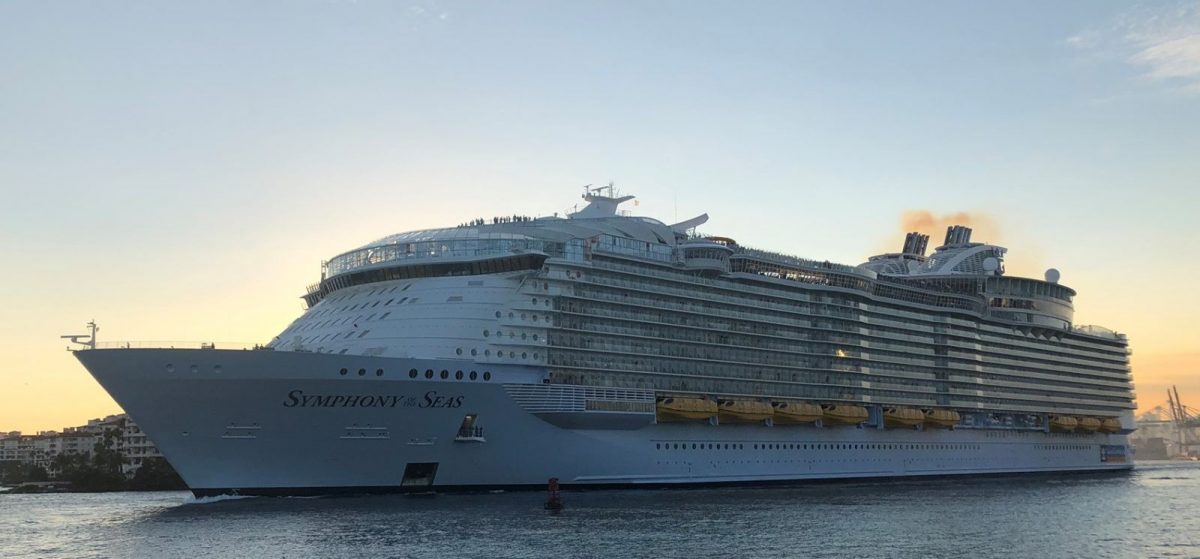Why is the industry still neglecting travellers with accessibility needs

Apart from the obvious moral arguments, it’s a huge and growing market, so Catherine Roberts from Responsible Travel wonders why the industry is still neglecting travellers with accessibility needs.
"Talk to anyone working in the travel industry, and you’ll find that they have at least two things in common: they love to travel and they love to share that passion with other people – and hopefully inspire them to travel, too. So why are we as an industry so bad at helping holidaymakers with accessibility needs travel the world?
We build airports like sensory-exhausting mazes. We offer chaotic, lengthy check-in systems that bump up the blood pressure of the most well-travelled person. We separate passengers from their wheelchairs and mobility aids – often damaging them in transit. We fail to train our staff in supporting people with invisible disabilities. It shows, too: 57 percent of UK adults with disabilities find airports and flying difficult. And aviation is just one sector of the travel industry.
These figures don’t represent a small segment of travellers, either. One in seven of us live with a disabling condition, according to the UN. That’s one billion people worldwide. Twenty-two percent of us have a form of disability, long-standing illness or mental or cognitive impairment. We’re all living longer, too. More than 46 percent of people over 60 worldwide live with a disability.
The demand for accessible tourism services is there. In fact, Scope calculated that the ‘purple pound’ is worth £249 billion a year in the UK alone. So why are we ignoring this potentially huge customer base?
One of the reasons is fear. But we don’t have to be perfect straight away. We just have to start a dialogue with travellers who live with disabilities – and be willing to say yes, we’ll try to help. We can ask openly about holiday requirements, as we would with any client.
Once you open a dialogue, it’s amazing the response you get back. At Responsible Travel, we spoke with the holiday specialists we work with – and they came back with over 140 accessible holidays that we can recommend to customers with a whole range of abilities. We have so many that we wrote an accessible travel guide that showcases holidays that include everything from horse riding holidays in Iceland by Venture Co to Kerala tours by Planet Abled.
There are lots of big things to consider – aircraft redesigns, hotel upgrades, legislation changes – but there are also simple fixes. Airport quiet rooms and familiarisation open days make a world of difference for travellers on the autism spectrum. Staff training and green lanyard schemes help people living with invisible disabilities. Accessible websites and a bigger choice of itineraries expand holiday companies’ customer base.
It’s an amazing thing, really – we have the opportunity to open up the world to an extra billion people. How many industries can do that? So let’s get on and do it. It’s about time for change. "
* Accessible travel is the second chapter of Responsible Travel’s Manifesto for the Future of Tourism. Click here for more.
Bev
Editor in chief Bev Fearis has been a travel journalist for 25 years. She started her career at Travel Weekly, where she became deputy news editor, before joining Business Traveller as deputy editor and launching the magazine’s website. She has also written travel features, news and expert comment for the Guardian, Observer, Times, Telegraph, Boundless and other consumer titles and was named one of the top 50 UK travel journalists by the Press Gazette.
 United Kingdom
United Kingdom United States
United States Asia Pacific
Asia Pacific












































CLIA expands trade support with expedition event
Qatar Airways adding Manchester flights
Jet2 unveils Samos as new Greek destination for summer 2026
EU entry-exit system delayed again
ATC strike in Greece could disrupt flights this week